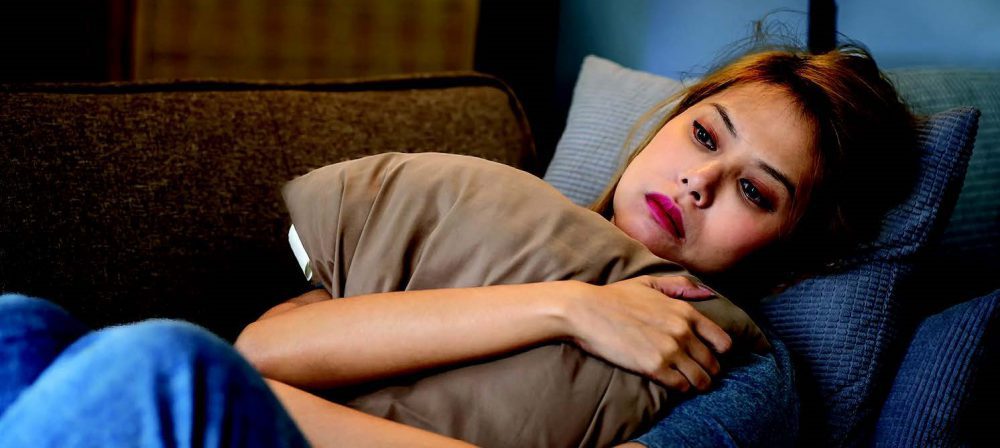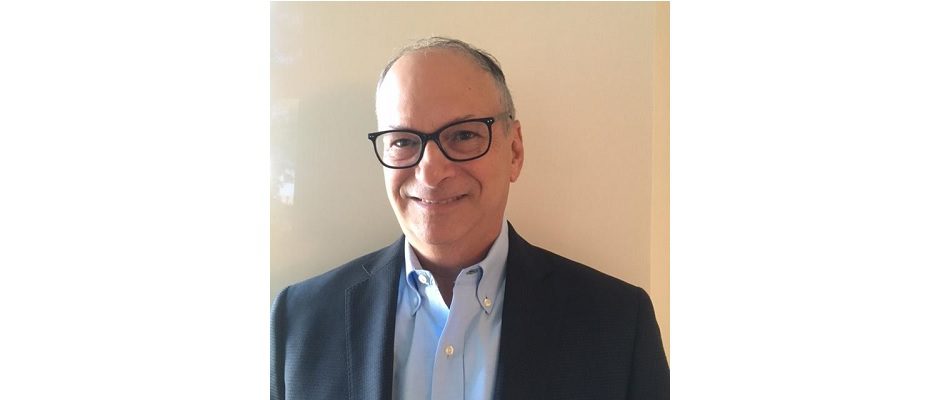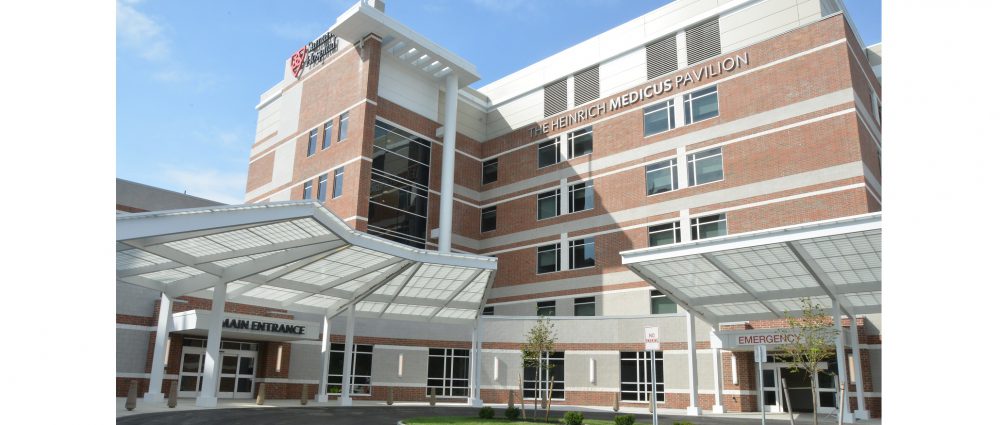
[Submitted by Alan Schaffer, M.D., St. Peter’s Sleep Center]
The National Institute of Health says millions of Americans may suffer from Seasonal Affective Disorder (SAD). SAD is a type of depression that usually appears in the late fall or winter when we experience fewer hours of daylight, due to daylight savings time. It’s most common in regions farthest from the equator which includes – you guessed it – upstate New York.
It’s believed the decreased sunlight this time of year can disrupt your body’s internal clock, called the circadian rhythm. According to a Sleepfoundation.org survey, people with SAD sleep up to an hour less each night than usual. This causes them to miss out on deep sleep and wake up feeling fatigued. It also contributes to difficulty falling asleep and difficulty waking up the next morning, along with the depression and anxiety that seem to peak during the darker months.
How do I Know if I have SAD?
The American Academy of Sleep Medicine lists these symptoms of sleep problems and depression:
- Feeling listless, sad, or down most of the day, nearly every day
- Losing interest in activities you once enjoyed
- Having low energy and feeling sluggish
- Oversleeping
- Changes in appetite, especially craving foods high in carbohydrates
- Having difficulty concentrating
- Feeling hopeless, worthless, or guilty
- Having thoughts of not wanting to live
People with SAD also have a high probability of having another sleep-related disorder. In fact, according to Sleepfoundation.org, more than 70 percent of people with SAD also have related disorders including insomnia, sleep apnea, or restless leg syndrome, compared to 27 percent without SAD.
How Can You Treat SAD?
Once you’ve talked to your physician to determine if you have SAD, there are treatments they can recommend to help:
- Consider using a sun lamp or light box during darker months
- Increase your intake of Vitamin D
- Talk to a mental health professional about your depression symptoms; they may recommend prescription sleep aids or antidepressants
- If possible, consider spending fall/winter in different locations with more sunlight (like southern states)
If you are experiencing symptoms of SAD, contact your family physician and consider seeing a sleep specialist. If you have extreme symptoms of any kind of depression or thoughts of suicide, call 9-1-1 to get immediate help. You can also call the Suicide and Crisis Lifeline 24 hours a day, seven days a week, by dialing 9-8-8.
Getting your ZZZs is important to both your physical and mental health. So sleep on it … and then reach out for help.
To learn more about the better sleep/better health connection, or for information on our sleep centers in Albany and Troy, visit https://www.sphp.com/find-a-service-or-specialty/sleep-medicine/.





